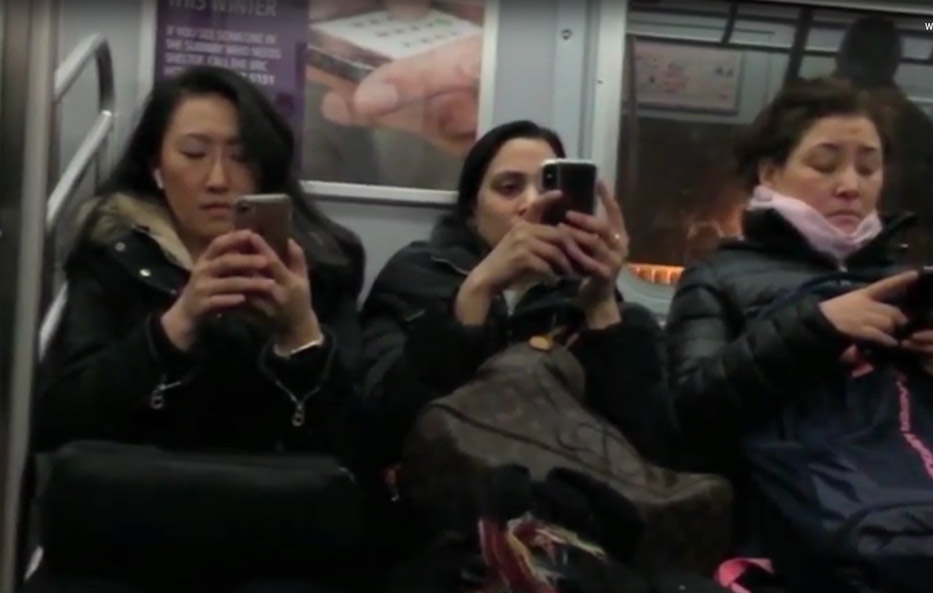
Memoryscape
Memory-scapes is an exploration of Cinematic VR and location-based VR. The Creative Arts research project combines installation, multiscreen, Cinematic VR & location-based VR frameworks to research imaginative storytelling and immersive experiences.
Partners
Centre for Transformative Media Technologies
Investigators
Max Schleser
Memory-scapes is an exploration of Cinematic VR and location-based VR. The Creative Arts research project combines installation, multiscreen, Cinematic VR & location-based VR frameworks to research imaginative storytelling and immersive experiences. As an experimental screen production, the VR work will focus the construction of on story and memory-scapes. Working in the tradition of experimental filmmaking, the practice-led research project will re-define the time and space continuum formulating approaches to VR time in the context of interactive and generative storytelling.
While the idea of VR is not new and has been surfacing since the 1990s, accessible omnidirectional video cameras that integrate with standard video production workflows were launched in the last three year. The affordances and aesthetic implications of cinematic VR and location-based VR are not explored yet. Surfacing research suggests a ‘new paradigm of mobile cinematics’ and creative industries not only approach VR as an emerging technology, but as a new industry sector.
Related Projects
























